From Streaming to McDonald’s and Back Again
It was a thread on a music forum that set me thinking. One part of the discussion was about streaming subscriptions, feature sets, and whether people felt they were getting value for money. Another was about physical ownership — the comfort of vinyl, CDs, or downloads — and the reminder that artists often get only scraps from the streaming banquet. As I read the comments, what struck me most was how familiar it all felt. Many seemed surprised by the rising costs, or by how ownership of music had slipped away, yet I couldn’t shake the sense that I’d seen this play before. Streaming, like so many other industries before it, follows a well-worn script.
Walk into almost any living room today, and chances are you’ll find the same conversation happening. Netflix has raised its prices again. Disney+ added yet another subscription tier. Amazon Prime Video has introduced ads, and if you don’t want to see them, you’ll have to pay even more. What once felt like a revolution against cable television now feels suspiciously like cable reinvented, only more expensive and fragmented.
This raises a familiar question: how did we get here? Why do innovations we welcome with open arms so often end up leaving us disappointed, locked into new systems that look eerily similar to the ones they promised to dismantle?
The answer is simple, though its implications are not: disruption follows a script.
And like all good theater, it unfolds in acts. Shakespeare knew it well: comedy, ambition, betrayal, tragedy, resolution. The props, characters, and settings change, but the play repeats. What streaming is going through now is not unique. It’s the same arc traced by Amazon in retail, Uber in transportation, Booking.com in travel, and even McDonald’s in fast food. The names and technologies change, but the story remains the same: undercut to buy goodwill and market share, reach critical mass, tighten control, then monetize through consolidation.
It is, in other words, capitalism’s favorite story. It is, as told so many times before, the story of the rise and fall of an empire.
Act I: Temptation of Abundance
Every disruption begins with a friendly bargain. That is what makes it irresistible. Netflix in its early days felt almost miraculous: for a fraction of your monthly cable bill, you suddenly had access to endless movies and shows, all without interruptions from advertising. Amazon lured us with cheap books and free shipping. Uber seduced us with car rides that cost half as much as a taxi. Booking.com let us compare every hotel option in the world in a few clicks, often for less than what you would have paid through a travel agency. McDonald’s once promised what other diners couldn’t: a hamburger and fries ready in under a minute.
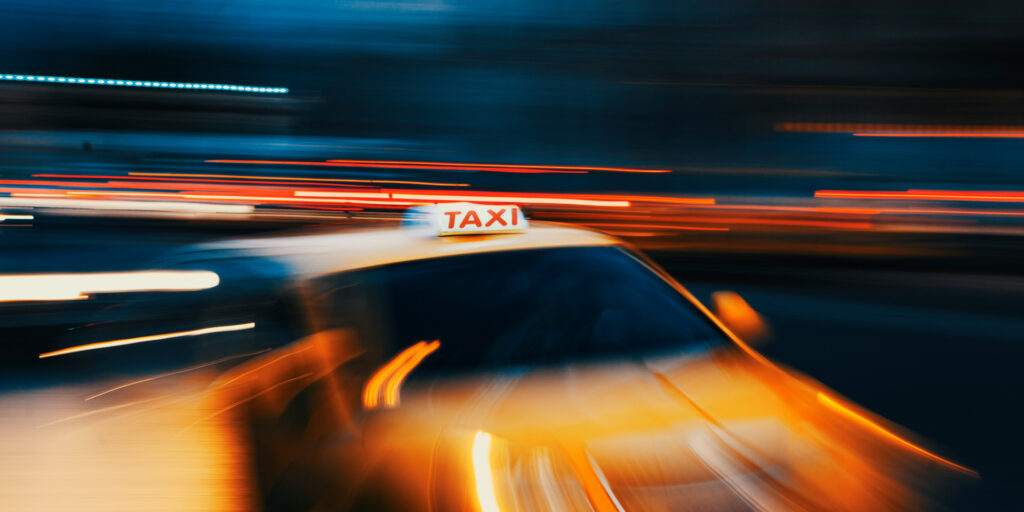
The playbook here is simple: don’t win on profitability, win on adoption. The margins, if there are any, are paper-thin. The goal is not to earn money but to lose money strategically. Investors tolerate and even encourage this because they aren’t buying a steady return, but the promise of dominance. And consumers? Consumers adore it. Who wouldn’t want better products for less money, delivered faster and more conveniently than before?
These “golden entry years” of a platform are often remembered with a glow of nostalgia. Longtime Netflix subscribers remember when the monthly fee seemed laughably cheap. Early Uber riders recall marveling at the luxury of a private driver for the cost of a bus ticket. Boutique hoteliers once celebrated Booking.com as a lifeline that brought them customers from places they’d never dream of reaching. Even franchisees in the early McDonald’s years were thrilled to be part of something new, modern, and growing.
This is the first lesson of disruption: the beginning always feels like liberation.
Act II: Rise to Power
While customers cheer and investors hold their breath, incumbents respond too slowly. It’s one of the great paradoxes of market disruption that those with the most to lose are often slowest to act decisively.
Cable companies didn’t take Netflix seriously at first. How could anyone build a sustainable business on $8 per month subscriptions, especially when licensing TV shows or films cost millions? Traditional taxis viewed Uber as an illegal nuisance, not a real competitor. Retail chains assumed Amazon was doomed; after all, who buys a pair of shoes without trying them on? Hotels saw Booking.com as little more than a marketing channel. And the McDonald brothers themselves, as creators of the “Speedee Service System” that revolutionized fast food? They saw no reason to scale beyond a single restaurant in an aggressive, profit-only way.
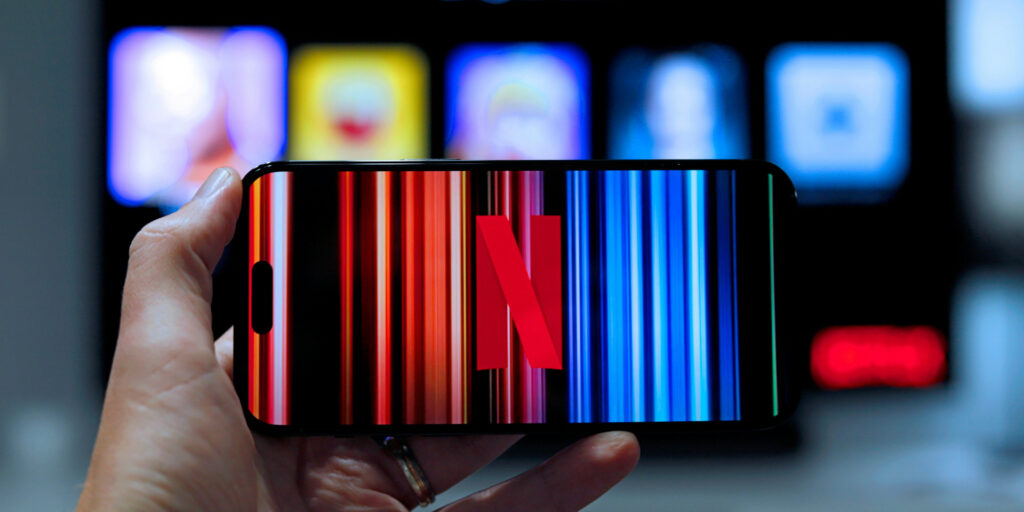
This slow response is not entirely irrational. After all, the disruptors really were losing money. Netflix was burning through debt. Amazon operated quarter after quarter in the red. Uber’s entire growth strategy was funded by venture capital. Booking.com gave away visibility for cheap commissions. McDonald’s, in the hands of the brothers, was modest and local. Why panic when the challengers seemed unsustainable?
The answer, of course, is that the disruptors weren’t aiming for sustainability. They were aiming for scale. And once scale arrives, the game changes.
Act III: Cracks of Betrayal
Critical mass is the inflection point; when a disruptor shifts from charming outsider to dominant force, it’s when the rules of the game start to bend.
Netflix’s turning point came with its first slate of original shows such as House of Cards and Orange Is the New Black. Suddenly, it wasn’t just a distributor of old content; it owned the product. Customers who wanted those shows had one choice: subscribe.
Amazon widened its reach beyond books and into everything else, from electronics to groceries. Its free shipping guarantee created an ecosystem no retailer could easily replicate. Uber became so embedded in urban life that “calling an Uber” replaced “hailing a cab.” Booking.com became the default discovery channel for hotels: to be visible to travelers, you needed to be there. And McDonald’s, through Ray Kroc’s franchising vision, began replicating itself across the United States with military precision.
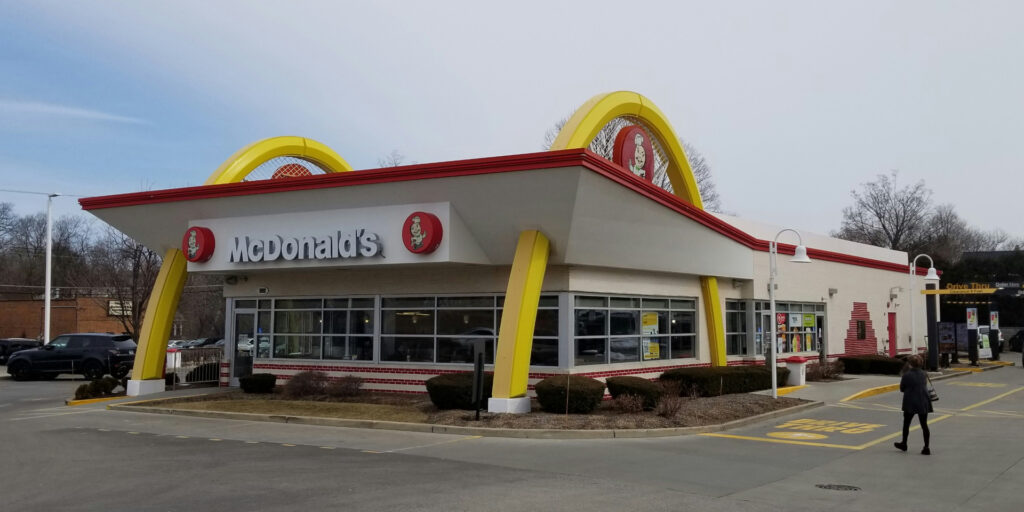
At this stage, consumers still feel mostly happy. The product is still relatively good value, and the convenience becomes essential. But quietly, the disruptor starts transitioning from serving the customer to shaping the entire industry.
Act IV: The Price of Loyalty
Dominance achieved, the goal shifts: now it’s time to make money.
And this is where disenchantment begins.
Streaming services raise their prices. Subscription plans that were once “all inclusive” are suddenly sliced into tiers: ad-free, ad-light, 4K, standard definition. Netflix cracks down on password sharing, Disney+ introduces ads, Amazon charges extra just to avoid commercials.
Amazon, the online retailer, no longer content with break-even pricing, increases fees for Prime, introduces surcharges, and squeezes third-party sellers with ever-higher commissions. Sellers, once empowered, now feel trapped; to reach customers, they must play by Amazon’s rules.
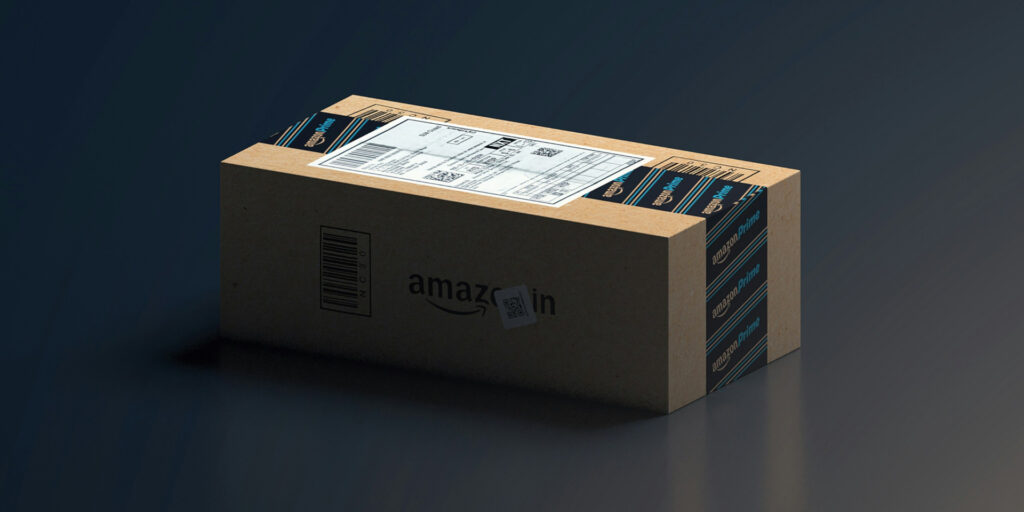
Uber cuts driver incentives, raises passenger fares, and deploys an algorithmic system where neither side is truly in control. It’s no longer about cheap rides, but about maximizing Uber’s slice of the market.
Booking.com now demands commissions as high as 15–20% from hotels, and charges even more for premium placement. A tool that once empowered small hoteliers now eats into their margins so heavily that opting out is almost unthinkable.
McDonald’s franchisees discovered that their “independence” was mostly fiction. The corporation dictated operations, fees, and supplies, leaving little room for individuality.
It’s the same pattern every time: once you are too dependent to leave, your value is extracted. What began as empowerment becomes enclosure.
Act V: The Curtain Falls, Time for a Reprise
Finally, the market settles into its new order.
Streaming, once a wild west of dozens of platforms, is coalescing into a few global giants. Mergers and acquisitions are underway: Disney absorbing Hulu, Warner Bros. Discovery folding HBO into “Max,” Amazon bundling MGM content into Prime. Smaller services are shut down or relegated to niche audiences.
Amazon stands virtually unmatched in e-commerce, not as a store but as infrastructure: the rails on which global retail runs. Uber absorbed or merged with competitors in many regions, leaving essentially two global platforms (Uber and Lyft) in North America, with Uber dominant elsewhere.
Booking.com consolidated under its parent company, Booking Holdings, which also owns Priceline, Kayak, and Agoda. Alongside Expedia, it now forms a duopoly that dominates online travel reservations.
And McDonald’s? It became the most iconic fast-food brand in the world, dwarfing the family-run diners it once competed with.
This is the final act of disruption: the disruptor becomes the incumbent. The revolutionaries seize the throne and lock the doors behind them.
The Moral of the Story
At first glance, this script might seem cynical, even depressing. Why get excited about innovation when it seems destined to lead us back to the same outcome: higher prices, fewer choices, dominant corporations?
But there’s a deeper lesson, too. Disruption is not inherently negative. Those early phases do improve lives. Netflix really did offer us better television for less. Amazon demonstrated the power of logistics on a scale never seen before. Uber introduced a level of convenience that redefined urban transport. Booking.com made boutique hotels discoverable worldwide. And McDonald’s pioneered fast, affordable food when it was needed most.
Yet the arc always bends toward consolidation because scale is what makes businesses viable in competitive capitalism. Investors tolerate early losses not for love of customers, but for the prize of domination. And once domination is achieved, the balance tilts. What once seemed liberating becomes inevitable.
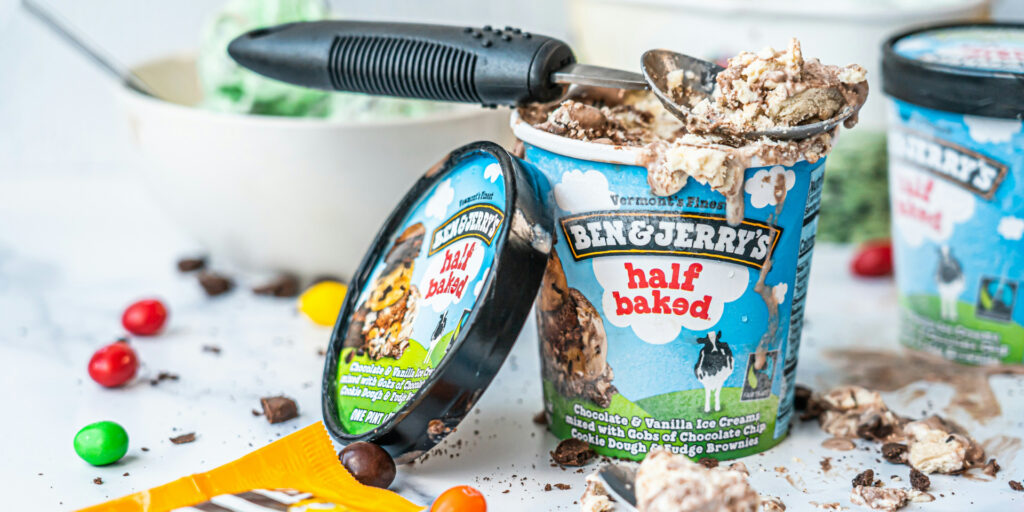
This is why Jerry Greenfield eventually left Ben Cohen at Ben & Jerry’s. The values of social responsibility could not survive the scale required to compete under Unilever. It’s why Dan Price of Gravity Payments, who cut his own salary to raise his employees’ minimum wage to $70,000, faced relentless pressure and criticism from the business establishment for breaking ranks with conventional profit maximization. And it’s why the McDonald brothers were written out of their own story by Ray Kroc. The system rewards those who play by its rules, not those who try to rewrite them.
Streaming: Our McDonald’s Moment
We are, right now, living through streaming’s “Kroc moment.” The era of discovery and opportunity is over. The era of enclosure has begun. Services are no longer competing to win you over; they are competing to lock you in. Prices rise not out of necessity, but because they can. Advertisements return because the model demands them. The dream of endless entertainment at a low monthly fee was always temporary.
Much like the small hotels chained to Booking.com commissions, or drivers beholden to Uber’s algorithm, consumers of streaming platforms are now beholden to the rules of a handful of global media firms. We jumped enthusiastically from cable, but we landed back in cable. But now simply managed by different players.
And that is the true script of disruption: revolution that ends in restoration. What begins as rebellion against old incumbents ends as a reshaping of incumbency itself. The platforms that once styled themselves liberators become the new rulers, wielding the same economic power by different means.
The Value and the Trap
The disruption phase is not an illusion; it creates real value. It democratizes access. It forces incumbents to innovate. It drives cultural, technological, and behavioral shifts that outlast the golden years. The world changed because Amazon showed us what logistics could mean, because Netflix pushed serialized storytelling to new heights, because Uber proved the viability of app-based transport, because Booking.com connected travelers to small, family-run accommodations worldwide.
Those shifts won’t vanish, even as consolidation tightens its grip. The taste of liberation lingers, shaping expectations for what comes next.
We should be wise by now. The next time a company promises us a revolution — cleaner, better, cheaper — we might pause before calling them saviors. The play they’re acting out is not a new one. We’ve seen the lines before. We know how it ends.
Unlike in Shakespeare’s tragedies, the people in today’s audience are not merely passive spectators. We can choose whether to fund the emperors or the street performers, whether to live entirely in the cloud or still hold something tangible in our hands.
Because as the film The Founder reminds us: in the story of McDonald’s, it was not the innovators who triumphed, but the one willing to play the long, ruthless game.
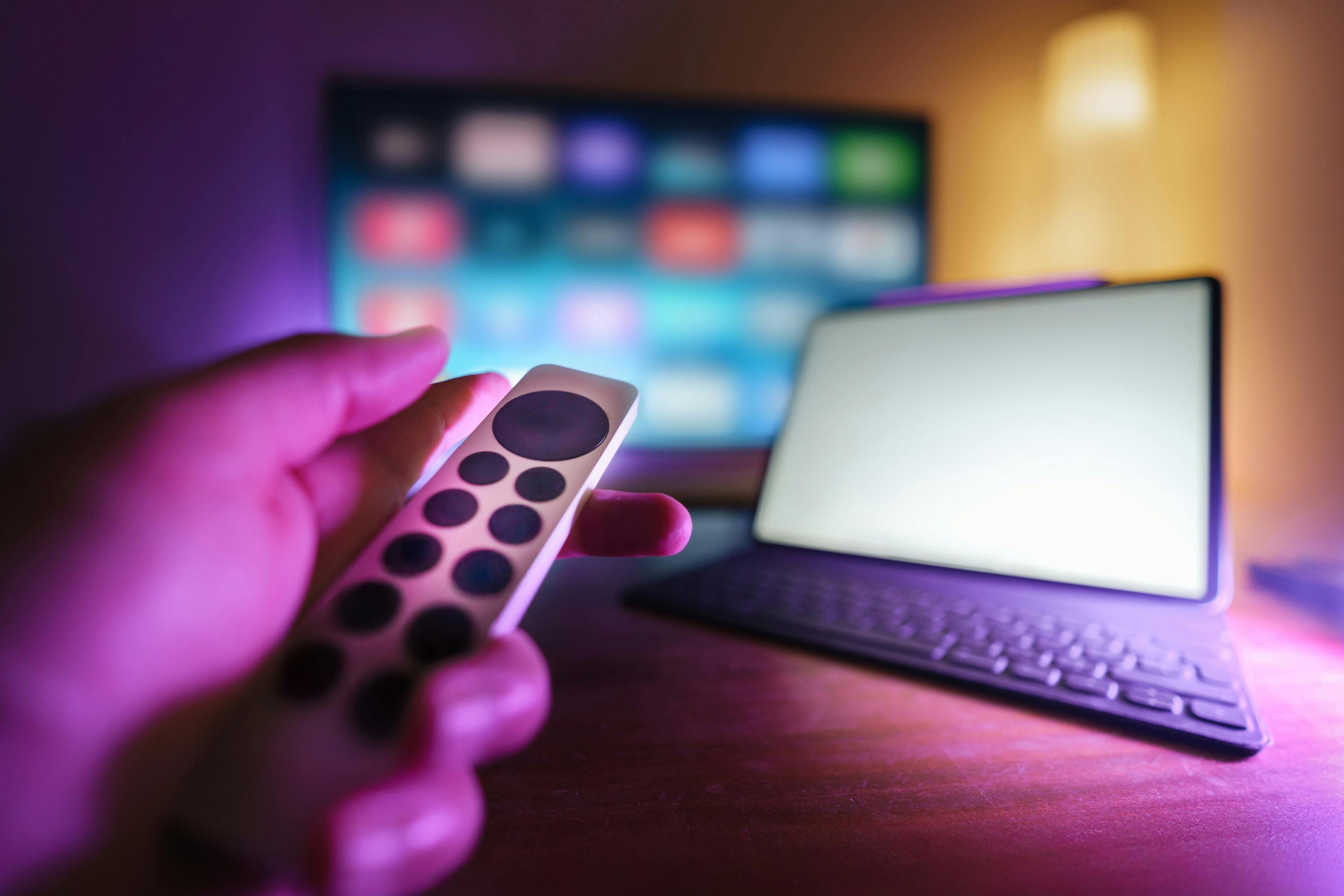
Comments are closed